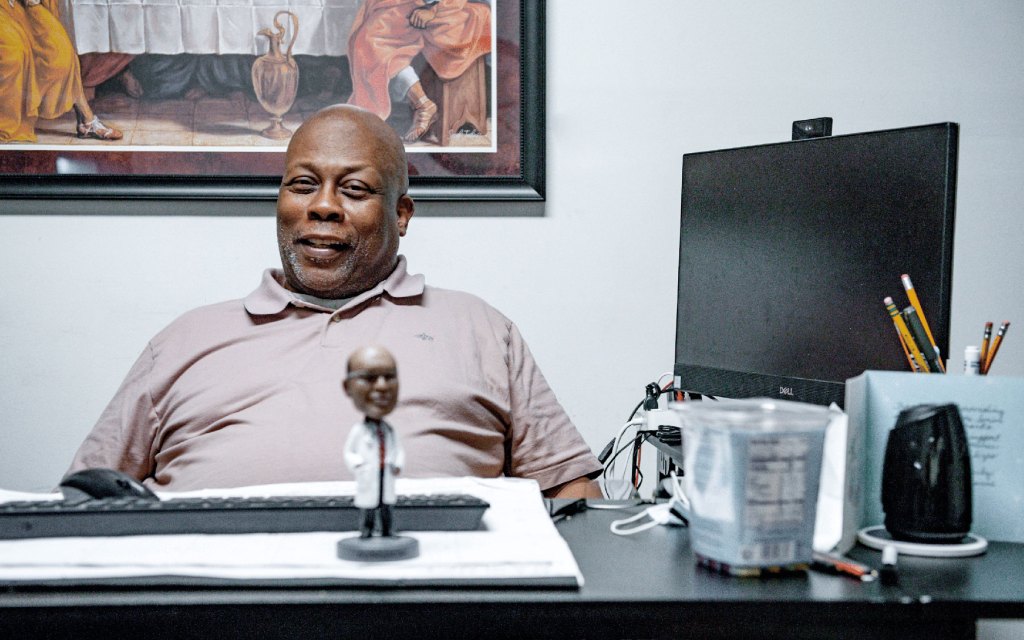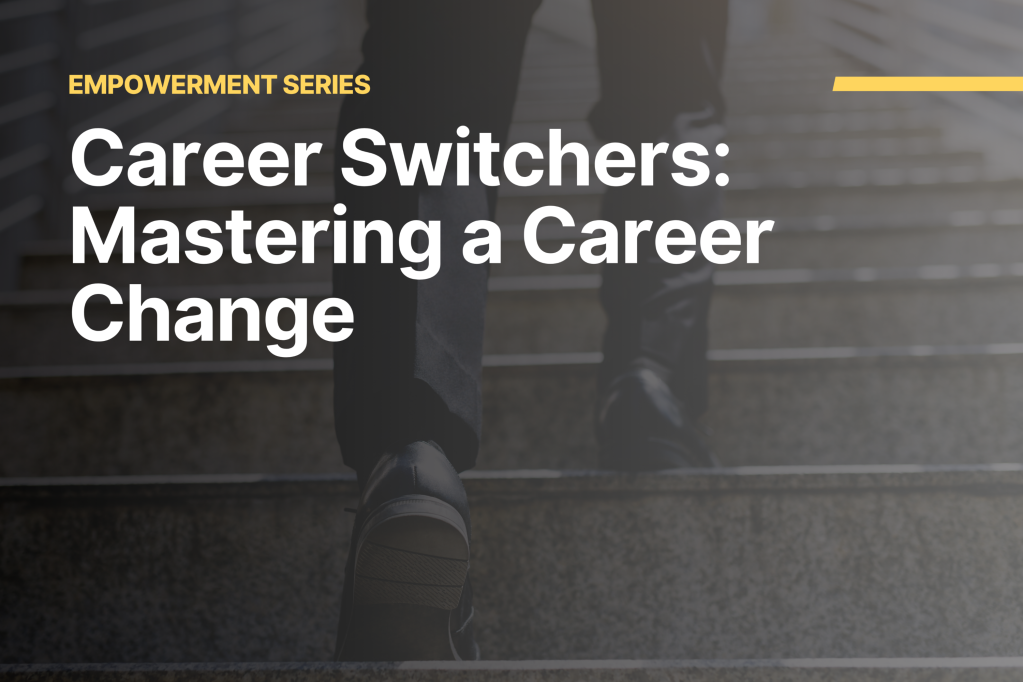
Employer-ready candidates understand how to speak confidently about their technical and transferable skills in ways that sell their professional value to employers. View a more detailed interview prep guide in the Behavioral Interview Prep Guide.
Tell me about yourself.
Think about your past (previous experience and education), present (what you’re now doing professionally and how it’s preparing you for this role), and future (why you want the job you’re interviewing for).
What are your greatest strengths and weaknesses?
For strengths, consider the required skills stipulated in the job posting and explain those that you have mastered. For weaknesses, honestly explain an area in need of improvement, but be sure to provide specific examples of how you’re actively working to grow in this area.
Why did you decide to pursue a degree in psychology and how did it lead you to this career path?
Explain your motivations for pursuing psychology, and specifically how psychology relates to the role you are pursuing. Be direct and connect the dots between what you studied and the role you are interviewing for.
Why do you specifically want to work here?
Demonstrate your research into the organization. Explain what you like about this organization, this specific department, and this role. Incorporate why your experience and skills make you the best candidate.
Tell me about a time when the team you worked with was not communicating well. What happened and how did you contribute to improving the issue?
“Tell me about a time…” indicates a behavioral interview question, so use the STAR (situation, task, action, result) method to tell a story. This question probes how you work on a team and solve problems. Choose an example where you were proactive about improving the situation.
Tell me about a mistake you made when working with a client. What happened and what did you learn from it?
While this question can feel like a trick, it provides an opening to highlight your ability to grow and improve as a professional. Mistakes happen, but what you do after is what’s critical to this question. How will you make sure this mistake never happens again? Remember to use the STAR method.
What skill has been the most challenging for you to develop? Tell me about how you approached mastering this skill despite the challenge.
A key part of using your psychology degree effectively is staying up-to-date on new, evidence-based techniques in the field. Your employer wants to know that you are dedicated to learning and growing. Think about an anecdote that answers the question honestly. Always use a specific example using the STAR method.
What diversity, inclusion, and/or cultural competence training or coursework have you received and how will you apply what you’ve learned in your work?
Zoom in on a few key takeaways from training or coursework. When asked how you will do something, pick two to three ways that you will apply what you learned. Be specific and consider supporting the explanation of your training with a narrative using the STAR method that illustrates how you’ve incorporated these ideas in the past.
Tell me about a time when you had to communicate something complex or sensitive. What did you say?
Communication is a key skill in all fields, but particularly in psychology. Set up the situation, describe the task, explain the actions you took to communicate effectively, and remember to include an ending to your story. Specifically showcase how you consider differences when communicating with those from cultural backgrounds different from your own.
Tell me about a time when you were overwhelmed with your workload. How did you manage the situation?
Demonstrating that you can manage your time is essential. There is no right answer to this question. The only wrong answer is that you don’t think critically about managing time. Interviewers want to know that you think about organizing your time so you can accomplish the full range of job duties.
Pro Tip: Always keep your answers positive, demonstrate what you’ve learned, and tell a story using the STAR framework (Situation, Task, Action, and Result) for behavioral questions so you can provide details about your accomplishments.









